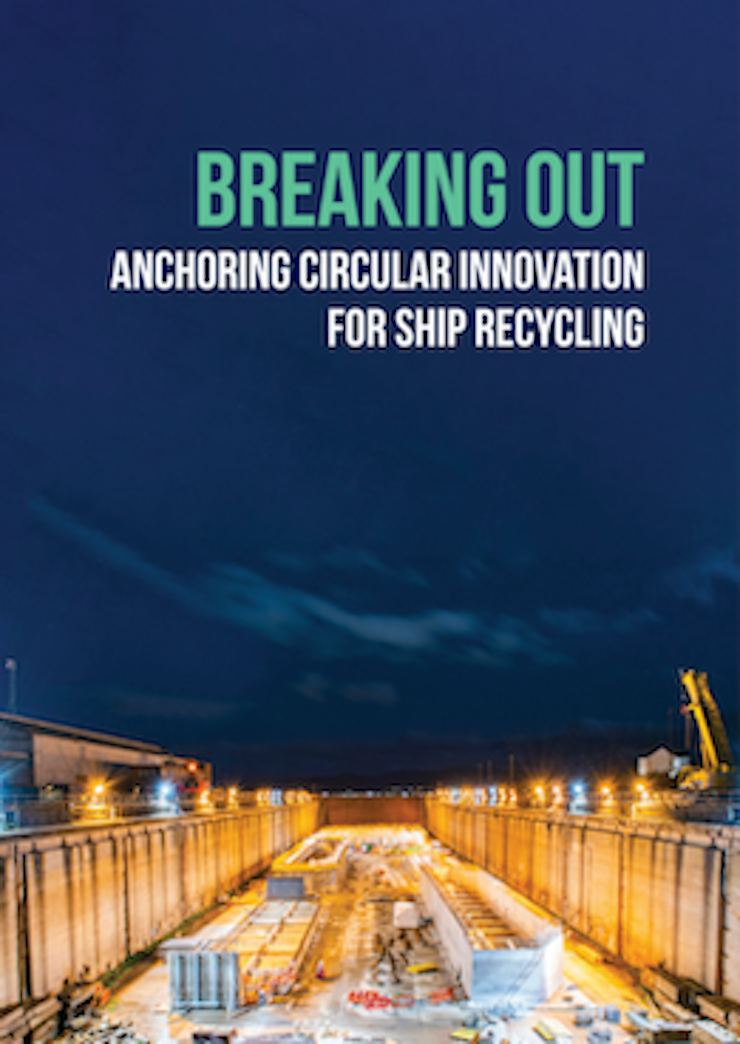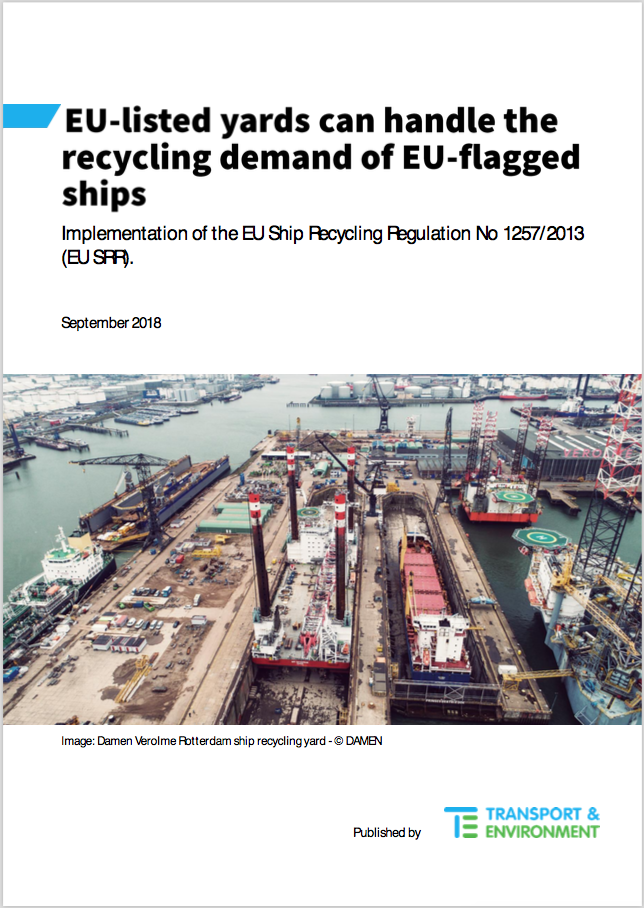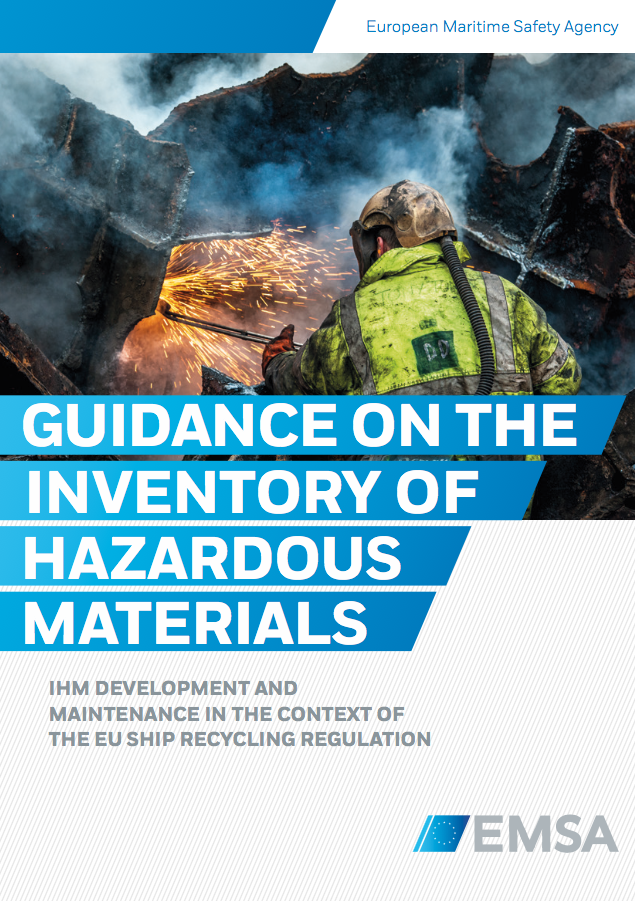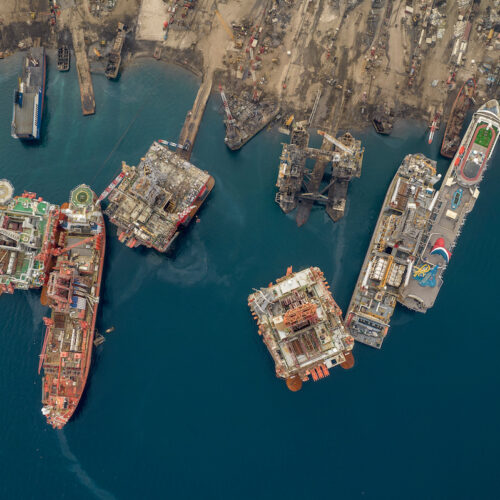Clean & safe solutions
Two-thirds of the world’s merchant end-of-life ships are currently sold for breaking on beaches. Beaching operations originally evolved, not because they were safer or more environmentally sound, nor the most efficient method, but rather due to convenience and expediency. The beaches were un-owned, coastal zone management laws were non-existent, and there was no need to provide infrastructure to begin business, utilising cheap, replaceable labour.
True ship recycling stands in deep contrast to how most ships are broken today. The solution to transform dirty and dangerous shipbreaking to sustainable ship recycling will require ship owners to sell their ships to yards that invest in the safety and environmental standard of their operations. Moving shipbreaking off beaches and onto dry-docks and quaysides in regions with capacity to store and treat oily and hazardous wastes is one essential step. Guaranteeing the rights of workers is another. Due diligence when choosing business partners is essential – and transparency, independent auditing, government oversight, corporate accountability, enforcement and positive incentives are tools to achieve sustainable ship recycling.
The good news is that the technology to break ships on stable and contained platforms is ready and waiting. The responsible ship owner will consult and recycle ships only at facilities approved by the European Union. This EU List is backed by the only global independent audit of ship recycling facilities, and capacity to treat hazardous or oily wastes and to protect fundamental labour rights feature as essential requirements.
As the best alternative to beaching, dry-docks stand out because they provide a stable platform for workers and lifting equipment, give emergency access for firefighting equipment and ambulances, and fully contain oil and hazardous wastes. The NGO Shipbreaking Platform believes that the ship recycling industry can transition to dry-docks by the year 2030. Ships have been built on dry-docks for at least 1000 years, and international regulations require ship owners to regularly dry-dock their vessels for hull inspections. The shift to end-of-life dry-docking would represent a relatively non-disruptive solution for the shipping industry. If dry-docks are important enough to use during the build and control phases, they are also important enough to use at end-of-life.
OUR VISION
Vessels are recycled in facilities that ensure clean, safe, and just practices that provide workers with decent jobs. Vessels will be toxic-free and no longer cause harm to workers, local communities, or the environment at end-of-life.
OUR MISSION
To act as a catalyst for change by effectively advocating for clean, safe, and just ship recycling globally. This necessitates denouncing dirty and dangerous practices, such as the dumping of end-of-life vessels on the beaches of developing countries. Our commitment to finding sustainable global solutions is based on the respect of human and workers’ rights and the principles of environmental justice, producer responsibility, ‘polluter pays’, and clean production.
All ships should carry an Inventory of Hazardous Materials, but, the long view of ship recycling comes around to how ships are built in the first place. Green ship design reduces the hazardous materials in new-builds and minimizes waste by planning for efficient dismantling in the future. Transition to dry-docks and a circular cradle-2-cradle approach to ship design could provide new opportunities in former ship building regions that have experienced downturns. Knock-on effects of closing the infrastructure gap could also be to spur innovations in green ship building and integrate marginalized shipbreaking labourers into a new and more organised shipbuilding and recycling sector. All it would take is one forward thinking ship owner and ship building partner to show how it can be done.
Finance leaders, companies who transport their goods by sea, authorities and law makers all play a critical role in finding ship recycling solutions. Banks and investors can withhold money from laggards and reward companies with responsible recycling policies steered towards using EU-listed facilities. Authorities need to provide governance, enforce regulations, and close loopholes to prevent ship owners reflagging and sailing around existing laws.
With the aim of boosting engagement for a new standard in the sector, the Platform has been organising the Ship Recycling Lab. The first edition of the event was successfully held in Rotterdam in 2022. Companies that can safely dismantle large assets and use technologies ranging from automation and robotics to the age-old, tried and true use of dry docks came in numbers. Now, the second edition, planned for October 2024 in Lisbon, is about to kick off. We look forward to welcoming you in Portugal!
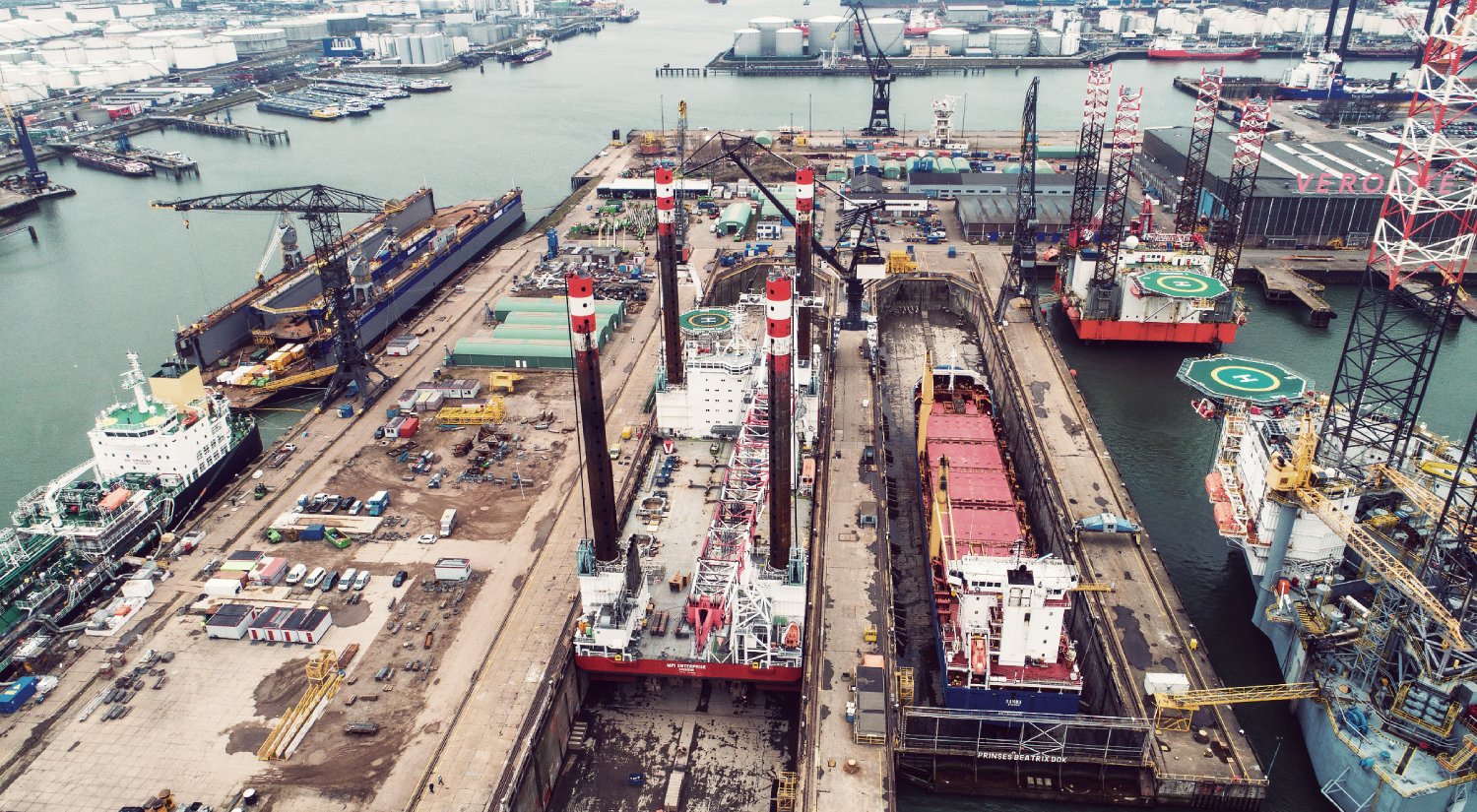
RECOMMENDED READINGS
Latest News
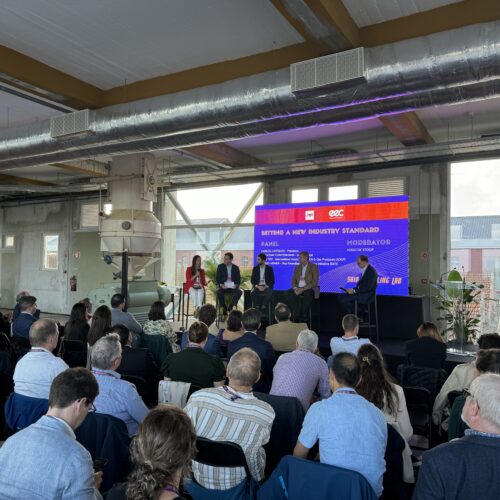
Press Release – Ship Recycling Lab’s 2nd Edition: when ethical leadership and cutting edge technology meet, sustainable ship recycling is on the horizon!
Over 100 participants met in Lisbon on 9-10 October.
... Read More
